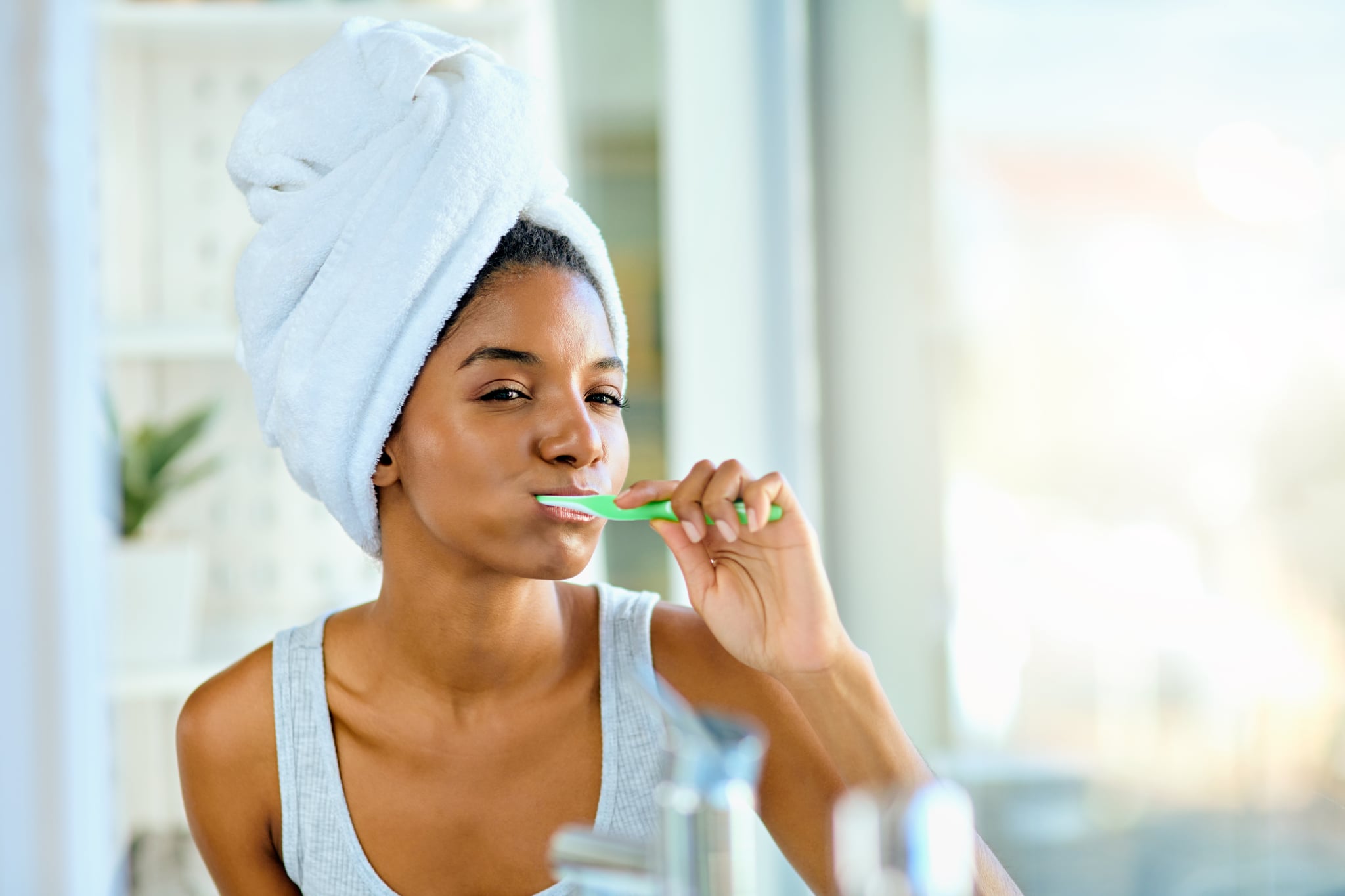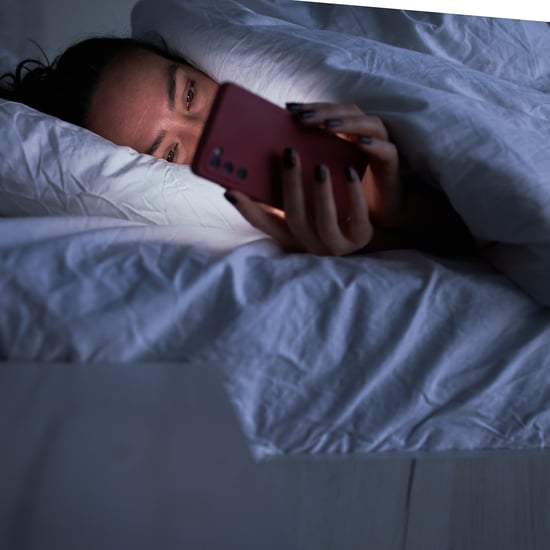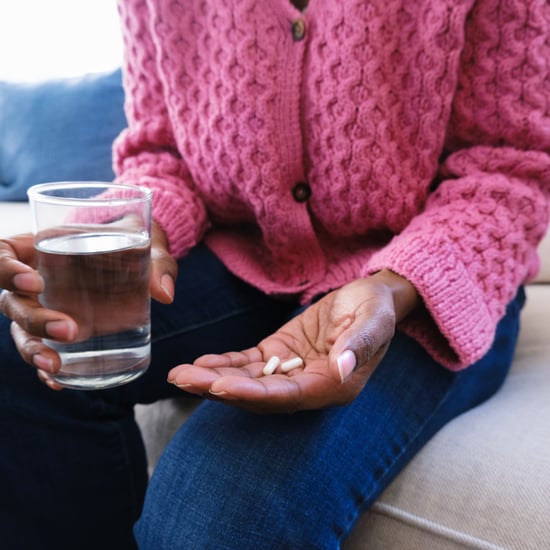There Are Side Effects to Brushing Your Teeth Too Much
Yes, You Can Brush Your Teeth Too Much — Here's What You Need to Know

I was so ready to brag to my dentist about my new work-from-home perk: getting to brush my teeth right after every snack and meal — until I discovered it's not the best dental health habit.
That plot twist is courtesy of E. Lisa Reid, DMD, of Integrated Aesthetic Dentistry, who explained that people who brush too frequently often focus less on their brushing quality and technique — plus, they run the risk of increased gum recession.
If done frequently, brushing too soon after eating can be harmful as well. Eating can cause a decrease in your mouth's pH levels, which Reid said can be harmful to your enamel if you start abrasively brushing right away. The only time she recommends brushing right after eating is if you've had a sweet, sticky, or acidic treat — but that's not without rules.
"[Sweet] and sticky foods can collect on the teeth and serve as a substrate for the bacteria in the mouth to feed on and produce acids that break down the teeth," she explained.
With that said, Reid suggested rinsing your mouth with water and waiting for 30 minutes before brushing after eating or drinking to neutralise the pH levels in your mouth and remove debris — especially if you're one to worry about red-wine stains on your teeth.
"In the case of high-acidity substances that cause staining [such as wine, citrus, and beer], I would recommend brushing after neutralisation occurs. Failure to do this could lead to enamel erosion."
There you have it — let the record show there is such a thing as too much brushing! Just don't run wild with that statement. It's still suggested you brush twice a day for two minutes at a time with fluoride toothpaste and floss once a day.
Click here for more health and wellness stories, tips, and news.







